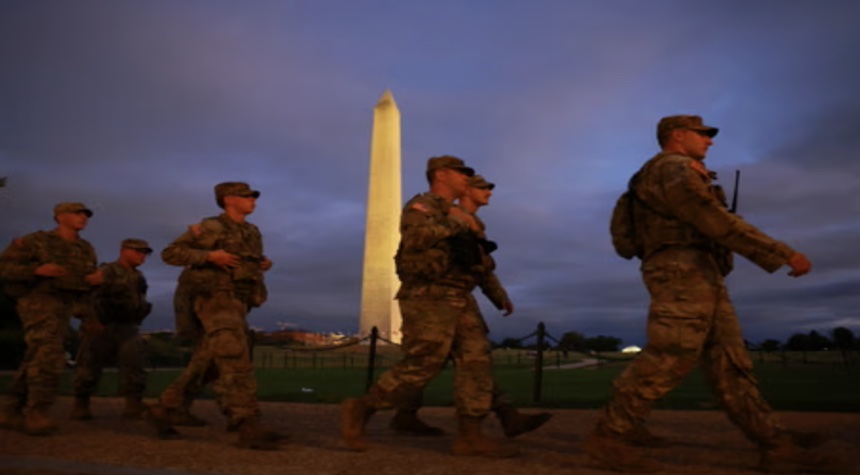The Pentagon has plans in place to deploy the U.S. military to the city of Chicago, according to reliable sources in The Washington Post. This comes as part of President Donald Trump’s broader attempts to address issues of crime, homelessness, and undocumented immigration.
The plans, which have been under development for several weeks, involve multiple strategies. One option includes mobilizing at least a few thousand members of the National Guard as early as September. This deployment is part of a broader operation that targets 19 states across the nation, with an estimated force of 1,700 National Guard members. Their mission is to assist in immigration enforcement and crime prevention in cities predominantly run by Democrats.
The forces are expected to assist the operations of Immigration and Customs Enforcement and the Department of Homeland Security. Reports indicate that the deployments are set to commence in August and continue until at least mid-November. The state of Texas is predicted to host the largest presence of deployed forces. The roles assigned to the troops include administrative tasks such as case management, transportation, logistics, and clerical work. They will also play a part in crime deterrence.

The State of Illinois has responded to this development. The state’s Governor, JB Pritzker, voiced his concerns in a statement where he denied any requests for federal intervention. He asserted that no emergency warrants such a move by the President. He also criticized President Trump for attempting to politicize the military and divert attention from other pressing issues.
You May Also Like: Trump Erupts Against John Bolton After FBI Raid
The possibility of deploying active-duty forces has been mentioned; however, this is considered less likely by officials. President Trump, speaking from the Oval Office, has singled out Chicago, hinting that it’ll be the next target after Washington, D.C. This has been met with opposition from Chicago Mayor Brandon Johnson, who criticized the plan and warned against the potential negative impacts of deploying National Guard troops to the city.

The Pentagon, while declining to discuss specifics, stated that it is continuously working with other agencies to protect federal assets and personnel. The White House has linked this potential deployment to a larger effort to expand Immigration and Customs Enforcement operations and increase deportations.
If carried out, Chicago will become the third major U.S. city to see large-scale military involvement during President Trump’s second term. This raises important questions about the balance between federal intervention and local autonomy in the pursuit of law and order.

